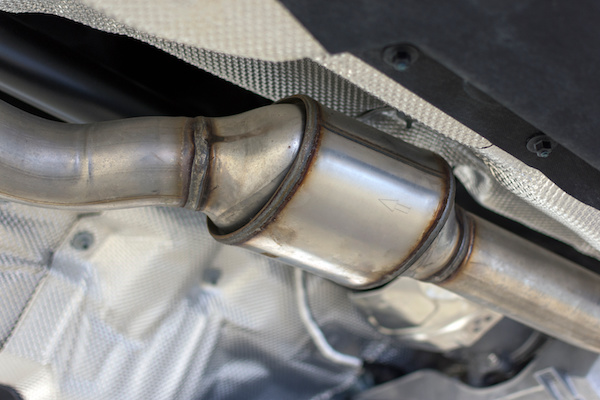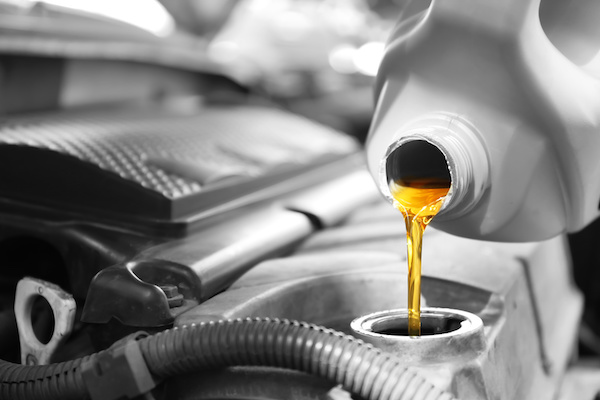Posted on 7/29/2022

The car tire is the main contact between the road and your car. That's why you need to have a regular tire routine. Proper car tire care helps you maintain the required handling and traction. Read the below suggestions for tire maintenance to help your tires last as long as possible. Regular Tire Alignment: Most cars don't indicate tire alignment as a maintenance routine. Consider alignment when the suspension part is replaced, uneven tires, or severe tire wear. Tire alignment is done with specialized alignment equipment; don't do it at home. Maintain proper tire pressure: Every car has a standard tire pressure that you should maintain. When you check your tire pressure, look at your tires to see if they have any cracks, objects stuck in them, holes, or uneven tread wear. Always use a gauge to check that your tire pressure is within the recommended tire pressure. Adjust the pressure accordingly to prevent excess wear and tear. Spare tire storage: Spare tires should be k ... read more
Posted on 6/29/2022

A catalytic converter is an exhaust system component that is very important to your vehicle’s combustion and emission processes. It is often the part that is causing a vehicle to fail an emissions test or the reason behind a lit check engine light. It plays a vital role. The catalytic converter is a part that manages and changes the pollutants and toxic gasses released by a vehicle’s engine. It goes through chemical processes to change those unsafe pollutants into a less-harmful forms, like water and carbon dioxide. The catalytic converter itself is made of precious metals such as palladium, rhodium, and platinum that act as catalysts in chemical reactions. Because of its high value, it is often targeted by thieves. When this part gets stolen or damaged, you need to get a replacement right away. Though you may be able to operate your vehicle without one, it is unsafe to do so for long. The catalytic converter is a part you can't do without. As ... read more
Posted on 5/30/2022

If you've taken your car, SUV, or truck to an auto repair shop for an oil change or to an auto supply store, you may have to pick between conventional, synthetic, or semi-synthetic oil. Depending on your vehicle’s engine and the manufacturer’s recommendation, your vehicle may have a preference for one. These types of motor oil have different chemical compositions and offer various benefits: Conventional Motor Oil Conventional motor oil is the most traditional type of engine oil. It has been around for ages. Nowadays, they are best for later-model, light-duty vehicles with simplistic engine designs. Conventional oil has the cheapest price point, and it will do the job right every time. You can expect to change this oil more frequently. Full Synthetic Motor Oil Fully synthetic motor oil is a newer type of engine oil with additives that is more resistant to oxidation and higher temperatures. As a result, it will lubricate your engine components for longer periods. If y ... read more
Posted on 4/29/2022

While you might expect to see a bit of dust and debris when you open up the hood of your car, you certainly do not desire a bird's nest to be there when you take a look. Yet, that is exactly what happens to many car owners when they least expect it. Your engine is highly desired by birds when they are looking for a place to build a nest because it is warm and out of the way of inclement weather conditions. The question becomes what you should do when you find a nest under your hood. Continue reading to learn more. Preventing Birds From Building a Nest In Your Car It is important to keep birds from building a nest under your hood. It is not that you harbor any ill-will towards these flying animals, but it is important to understand the nest itself poses a fire hazard. The straw that comprises a nest can be quite dry. Combine that with the warm temperatures near the engine and you have a perfect recipe for disaster. Take a look at the following advice so you can k ... read more
Posted on 3/30/2022

You may have heard all-wheel drive and four-wheel drive thrown around at the dealership before. It refers to the system of how power or torque is distributed to your wheels. Some people use them interchangeably, but they do have their subtle differences. So what are the differences between AWD vs. 4WD? Read on to learn more. All-Wheel Drive All-wheel drive systems are vehicles with four wheels that gain traction independently from each other. The primary distinction between AWD and 4WD is that all-wheel drive is usually always on. There's no switching in between. This system is more commonly found in SUVs as opposed to trucks. All-wheel drive system comprises several differentials, or gearboxes, in various car sections. Since your tires can get traction on their own, it’ll give you optimal handling and traction with your car. Four-Wheel Drive Four-wheel drive systems send a fixed amount of torque to each wheel. You can toggle between having it on or off, unlike AWD. This ... read more